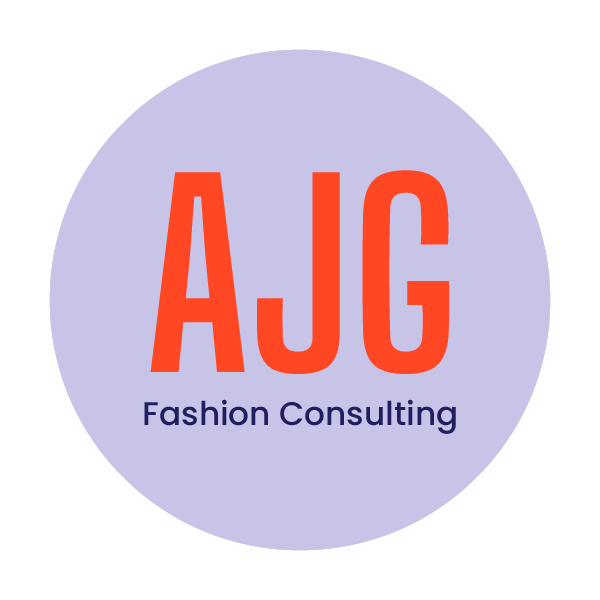Overseas Clothing Manufacturing Myths Debunked
Starting a fashion brand and seeking the ideal manufacturing solution often leads to conflicting information. In this blog, we aim to dispel common misconceptions surrounding international sourcing, focusing on quality, labor conditions, tariffs, shipping costs, and minimum order quantities (MOQs). Plus, we'll reveal how working with a fashion brand consultancy can save you time and money through their trusted partnerships and production volume leverage.
Quality
Myth
Overseas manufacturing means sacrificing product quality.
Reality
The belief that overseas production automatically equals lower quality is far from accurate. Quality is not determined solely by location but by the supplier's capabilities and standards. Many overseas manufacturers are equipped with state-of-the-art facilities and adhere to rigorous quality control processes. Brands like Adidas, Nike, and countless others have successfully maintained high-quality standards while producing overseas. The key is to partner with reputable manufacturers with a proven track record.
When selecting an overseas manufacturer, focus on their reputation, certifications, and production processes. Look for facilities that meet international quality standards such as ISO certifications, which are indicative of a commitment to quality. Conduct factory visits or audits to see the production processes firsthand and ensure that they align with your brand's quality expectations.
Quality control doesn't solely rely on the location of production but on the standards set by both parties involved. Clear communication, precise specifications, and rigorous inspection protocols are essential to ensuring that the quality you expect is met.
Labor Conditions
Myth
Overseas factories have poor labor conditions and exploit workers.
Reality
While it's true that some factories overseas may have subpar working conditions, it's unfair to generalize. Ethical manufacturing practices are a global concern, and many overseas factories have improved conditions in response. Brands can ensure ethical production by conducting factory audits, requiring compliance with labor laws, and choosing manufacturers committed to fair labor practices.
Promoting ethical labor practices is not limited to local or overseas production; it is an industry-wide concern. Brands can make a difference by working with manufacturers that follow labor standards, wherever they are located.
Tariffs
Myth
Tariffs will make overseas sourcing financially impractical.
Reality
Tariffs can be a concern when importing goods, but they vary depending on the product and country of origin. Working with experts who understand trade regulations and can help navigate tariff challenges is essential. Additionally, some countries may have trade agreements that reduce or eliminate tariffs, making overseas manufacturing financially viable. A well-informed approach can mitigate the impact of tariffs on your production costs.
Shipping Costs & Duty
Myth
Shipping costs and duty fees are exorbitant and outweigh potential savings.
Reality
While shipping costs and duty fees are considerations, they shouldn't deter you from exploring overseas production. By planning your logistics strategically, you can minimize these expenses. Shipping by sea is a cost-effective option, although it requires longer lead times. Working with a reliable global logistics partner can help you navigate these costs efficiently, ensuring your products reach their destination at a reasonable expense.
Working with a trusted logistics partner can provide numerous benefits. They can assist in selecting the most cost-effective shipping methods, optimizing routes, and handling customs documentation. The key to successful international shipping lies in preparation, clear communication, and efficient handling of logistics.
+1,000 Unit Production Minimums
Myth
Overseas manufacturers require extremely high MOQs, making it unattainable for small brands.
Reality
MOQs can vary widely among manufacturers and product types. While it's true that some factories may have high MOQs, others are flexible, especially when you establish a strong relationship. Additionally, there are strategies to meet MOQs. For example, you can focus on core materials or fabrics used across multiple collections to meet quantity requirements. It's essential to identify materials that resonate with your customers and plan accordingly.
Smaller brands can form strategic partnerships with manufacturers that have lower MOQs or explore collective production options. Collaborating with other brands can help meet MOQ requirements and share production costs. Additionally, working with a fashion brand consultancy can provide access to their networks and expertise in managing MOQs effectively.
The Role of a Fashion Brand Consultancy
Navigating overseas manufacturing can be overwhelming, especially when faced with myths and misinformation. That's where a fashion brand consultancy comes into play.
Fashion brand consultants, with their industry expertise and trusted partnerships, are well-equipped to guide you through the complexities of international sourcing. They understand the landscape, have established relationships with reliable manufacturers, and can leverage their total production volume to negotiate lower MOQs on your behalf. Their experience enables you to sidestep common pitfalls, save time, and make informed decisions.
Don’t Let Myths Hold You Back
Overseas manufacturing for your fashion brand is not the intimidating challenge it's often perceived to be. By debunking myths surrounding quality, labor conditions, tariffs, shipping costs, and MOQs, you can confidently explore international sourcing. Additionally, working with a fashion brand consultancy adds an invaluable layer of support, streamlining the process and ensuring a successful partnership with overseas manufacturers. Don't let misinformation hold you back—think globally, act strategically, and unlock the potential of international sourcing for your brand.
Ready to launch your clothing brand? AJG Fashion Consulting can help. Feel free to reach out, and let's get started!


